CoronaVirus: 12 Ways To Avoid Getting Infected In Public Transportation
Public transport is the lifeblood of many cities. They are necessary to facilitate economic activities in the cities.
In Lagos, 12 million residents use public transport daily. Just like many cities in the country, Lagos is notorious for unsanitary public transportation vehicles. The confined spaces and limited ventilation of public transport vehicles in the city can easily lead to infections among passengers.
Indeed, public transport in Nigerian cities is highly vulnerable to disease outbreaks such as the current coronavirus (COVID-19) pandemic.

In Nigeria, there are several public transport mean. They include city taxis, Bus Rapid Transit (BRT), Public bus (Danfo), Keke NAPEP (tricycle), Commercial Motorcycle (Okada), Trains, aeroplanes, etc.
With the current concerns about the spread of the Coronavirus, and to avoid all unnecessary social contact, it has become imperative for commuters to seek for alternatives to using public transport with its packed buses and train carriages.
Here are some general tips to avoid contacting the Coronavirus while riding public transportation:
Avoid using buses
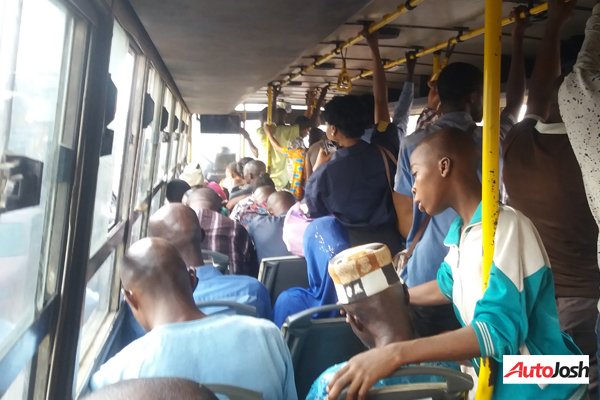
Buses are one of the most common means of public transportation in Nigeria. Sadly, most of these buses are in very unsanitary condition. Poor hygienic condition of the vehicles can aid in the fast spread of the Coronavirus. Besides their poor hygienic state, they are typically overcrowded and lack proper ventilation. One of the best ways to reduce the risk of infection with Coronavirus is to avoid using public buses entirely.
Trek
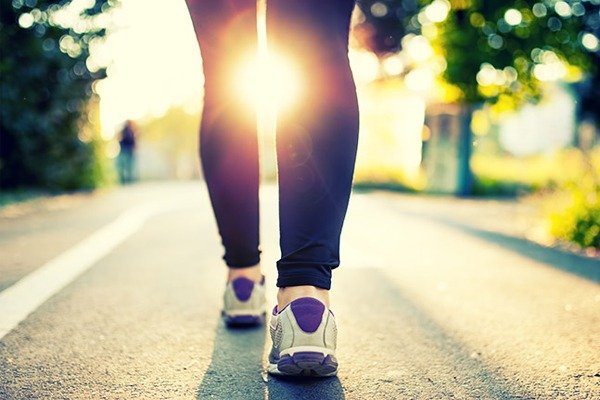
If the distance to your destination is short, then walk it. Taking a walk is one way to avoid person-to-person contact as it is common in public transportation. Besides, taking a walk is a recommended way to maintain good health.
Wash Your hands

Wash your hands as soon as you disembark from a public vehicle, or when you have reached your destination. Metal poles, door handles, seat belts, etc. These surfaces are touched by countless passengers and are often contaminated with microbes and bacteria.
Carry a hand sanitizer

If you must use public transportation, carry-along with you an alcohol-based hand sanitizer. This is especially important when you are not able to wash your hands immediately. After boarding any public transport, apply the sanitizer on your hands.
Avoid using Handrails And Surfaces
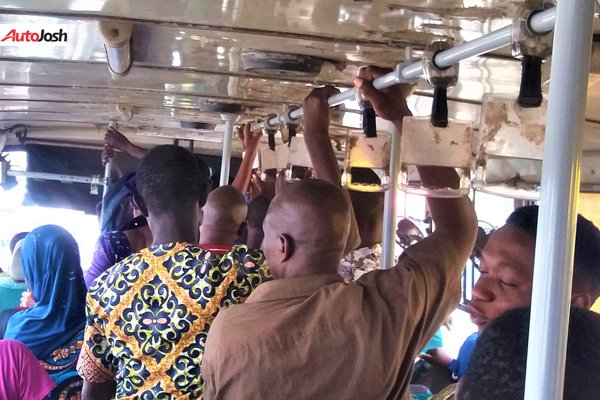
Handrails are common in large urban public transport such as buses or train. They are designed to be grasped by the hand to provide stability or support for standing bus passengers during transit.
Handrails provide surfaces for viruses and germs to stick to. Refrain from using them or other surfaces in a public transport vehicle. In the event that you clutched on one, wash your hands or use a hand sanitizer immediately you disembark from the vehicle.
Wear a Glove
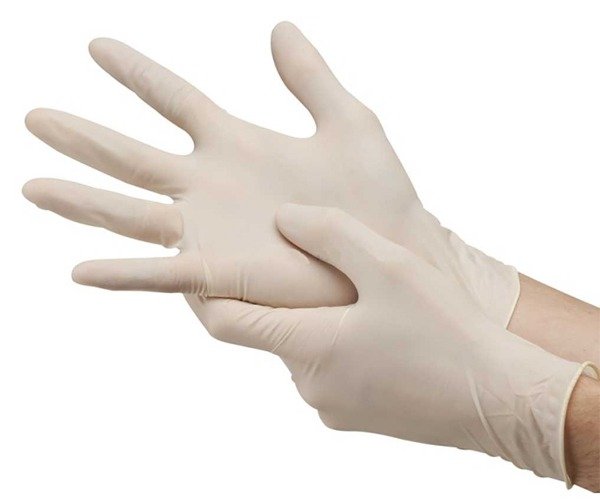
Most surfaces in public transport vehicles are filthy because they are mostly touched by passengers. This is why viruses are likely to stick to surfaces. Also, the virus can survive on surfaces for hours or even days. Therefore, it is important to wear a glove when boarding public transportation. This will save you from having direct contact with the filthy surfaces.
Wear a facemask
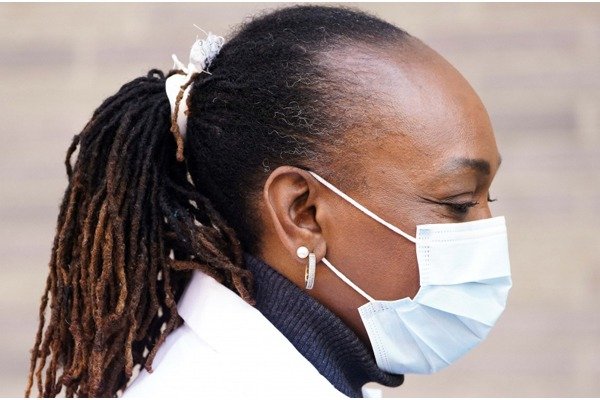
Some experts have advocated that facemask is more important for those exhibiting disease symptoms such as coughing and sneeze. However, wearing a facemask could save one from getting infected by the Coronavirus. A mask can save you from inhaling the droplets from an infected person – through either the mouth or nose.
Use a Bicycle
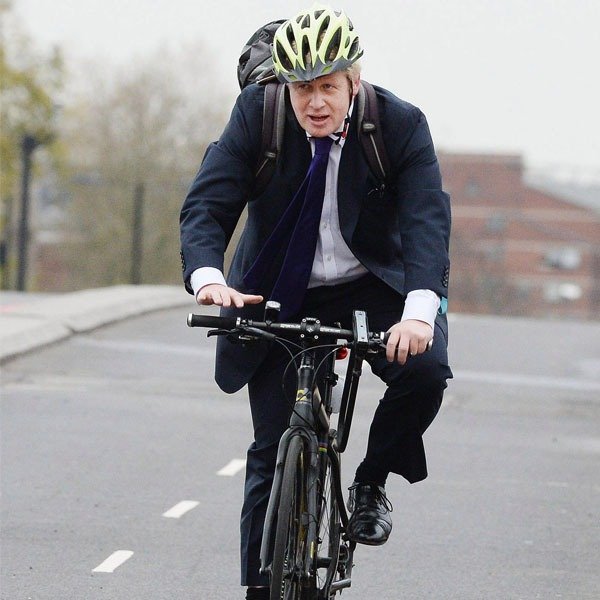
An alternative to using public transport means is to commute using a bicycle. Just like walking, cycling is also recommended activity to maintain good health.
Mind Who You Sit With
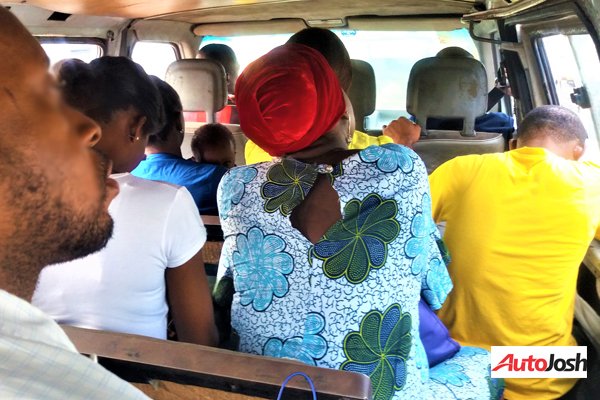
When you board a bus or train, avoid sitting next to a passenger who is clearly sick. That is, if the person demonstrates signs like coughing, shivering and sneezing. If possible, move away from the seat!
Do a Seat check
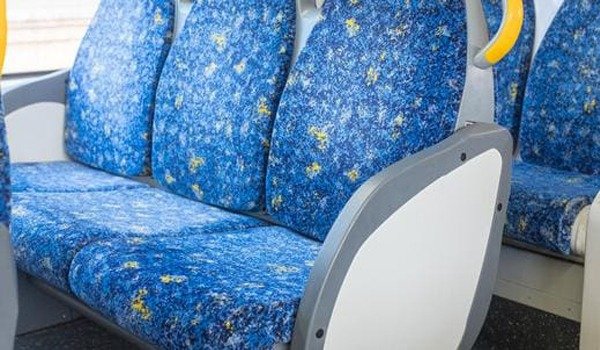
Carry out a “seat check” before sitting down. Do not sit in a seat that is visibly soiled. If you have an assigned seat, call a flight/transportation attendant and ask to be moved.
Social-distancing

The current global campaign is for people to avoid all unnecessary social contacts. This is why one should seek for alternatives to using public transport such as packed buses, train carriages and aeroplane cabins.
That means avoiding sick people, steering clear of crowds, and staying home as much as possible, especially if the virus is circulating in your community.
The spread of the Coronavirus requires close contact—being directly coughed on or sneezed at by someone with the disease, or by being within 6 feet of an infected person for about 10 to 15 minutes or longer.
Cancel Or Reschedule Your Air Travels
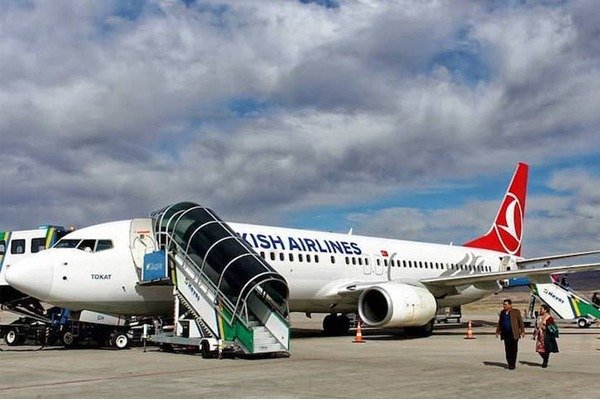
Cancelling your trip is especially wise at this time. Cancelling all non-essential air travel, particularly long plane rides, right now, would save you from being in crowded places, such as airports. Being in such places can increase your chance of getting the coronavirus.
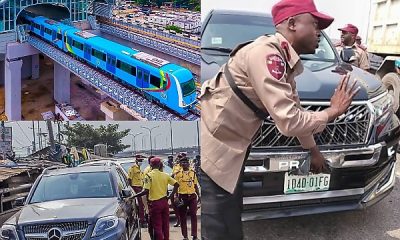
 News1 week ago
News1 week ago
 News1 week ago
News1 week ago
 News1 week ago
News1 week ago
 News4 days ago
News4 days ago
 News1 week ago
News1 week ago
 Latest Cars1 week ago
Latest Cars1 week ago
 News1 week ago
News1 week ago
 News1 week ago
News1 week ago




























